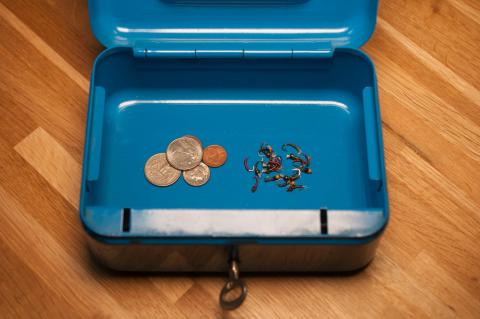Great article, I travel every year from Holland in april and september to Sweden's west coast and the flyfishing is always good.
Fishing in april and september at night also gives me good fish, not only during summer.
One question: 95% of my catches are somewhat greener coloured sea trouts, are these all kelts, and should be returned?
- Log in to post comments

